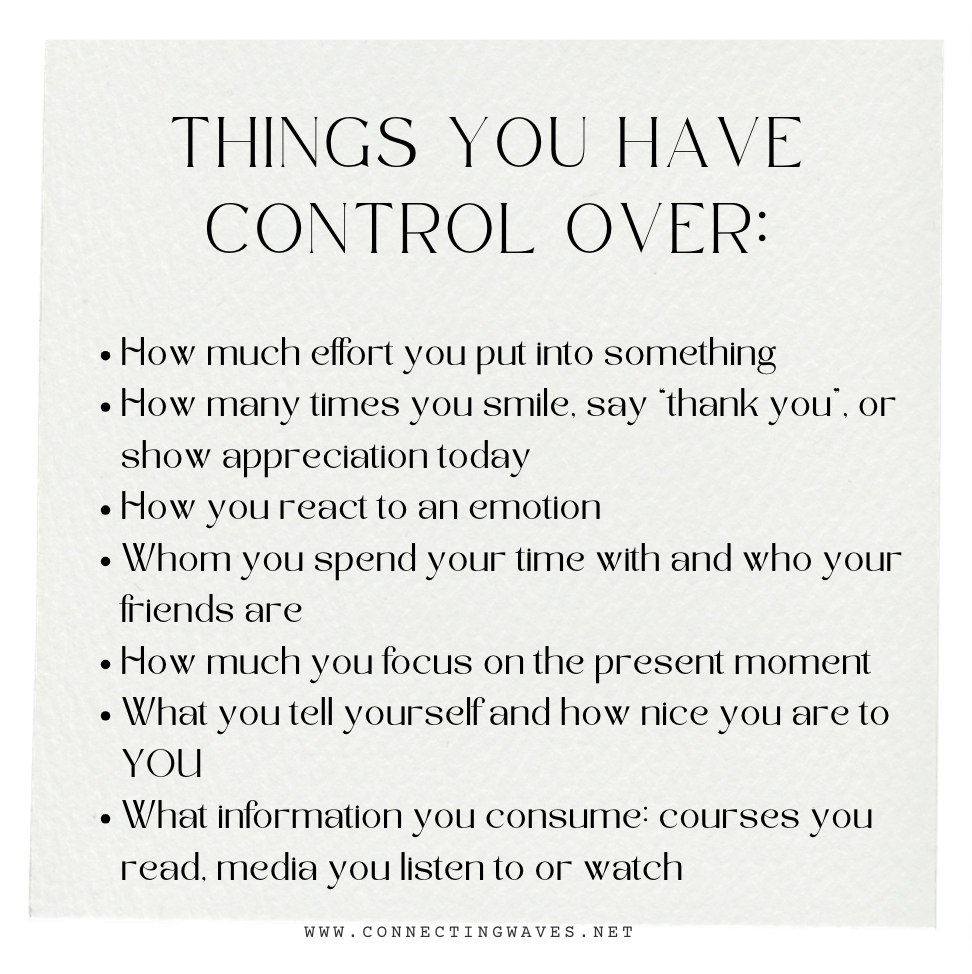Locus of control is a psychological concept that plays a crucial role in shaping how individuals perceive and respond to the world around them. Coined by psychologist Julian B. Rotter in the 1950s, locus of control refers to the extent to which people believe they have control over events in their lives. This concept helps us understand how individuals attribute success or failure to either internal or external factors. In simpler terms, it explores whether we see ourselves as masters of our destiny or as subjects to external forces.
Internal Locus of Control
Individuals with a strong internal locus of control believe that they have a significant influence on their lives. They tend to attribute success and failure to their own actions, decisions, and efforts. People with an internal locus of control are more likely to set personal goals, take initiative, and persevere in the face of challenges. This mindset fosters a sense of empowerment and self-determination.
External Locus of Control
On the other hand, individuals with a predominant external locus of control perceive external forces, luck, or fate as the primary factors influencing their lives. They may feel that outcomes are beyond their control, leading to a more passive approach to challenges. Those with an external locus of control may be more prone to stress and feelings of helplessness, as they attribute their successes and failures to external circumstances.
The Continuum of Locus of Control
It’s important to note that locus of control is not an all-or-nothing concept. Instead, it exists on a continuum, with individuals falling somewhere between the two extremes of internal and external control. Most people exhibit a blend of both internal and external tendencies, and their locus of control can vary across different aspects of life.
Influencing Factors
Several factors contribute to the development of one’s locus of control. Childhood experiences, cultural background, and personality traits can all play a role. For example, individuals raised in environments that encourage autonomy and responsibility may develop a more internal locus of control.
Impact on Behavior and Well-being
Locus of control has profound implications for behavior and overall well-being. Those with an internal locus of control are more likely to take proactive steps to improve their circumstances, leading to increased resilience and life satisfaction. Conversely, individuals with an external locus of control may struggle to cope with challenges and may experience higher levels of stress and anxiety.
Changing Locus of Control
The good news is that locus of control is not fixed and can be influenced. Through self-awareness and cognitive-behavioral interventions, individuals can shift their locus of control towards a more internal orientation. This process involves recognizing and challenging negative thought patterns, setting achievable goals, and taking responsibility for one’s actions.
Understanding locus of control provides valuable insights into how individuals perceive and navigate the complexities of life. Whether internal or external, our locus of control influences our mindset, behavior, and overall well-being. By fostering a more internal locus of control, individuals can empower themselves to take charge of their lives and create positive outcomes. Ultimately, recognizing and cultivating a healthy locus of control is a key step towards personal growth and resilience.

>> Read more on Emotional Intelligence and Mindset management here


